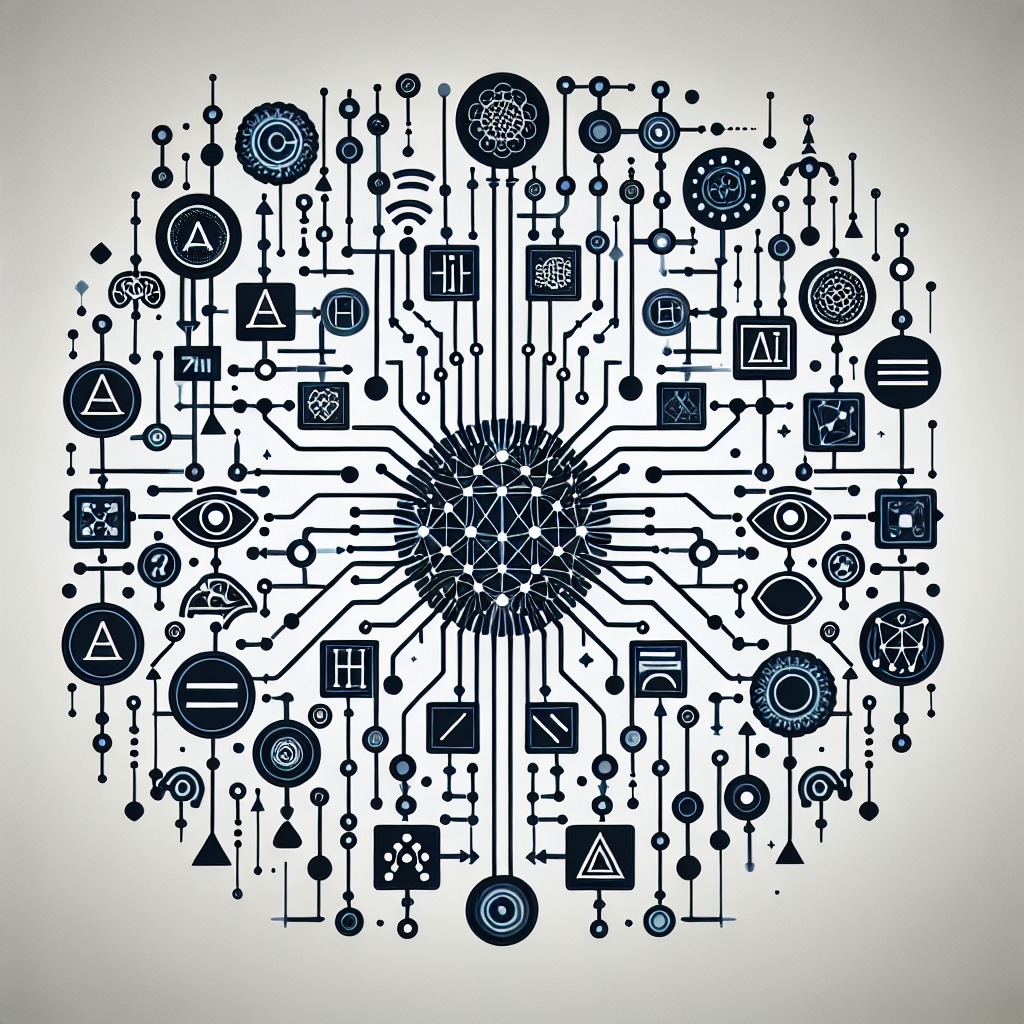Artificial General Intelligence (AGI) is the next frontier in the field of artificial intelligence. While current AI systems are capable of performing specific tasks with impressive accuracy, AGI aims to create machines that can think and learn like humans. By combining the power of machine learning and deep learning, researchers are working towards developing AGI systems that can adapt to new situations, solve complex problems, and even exhibit creativity.
Machine learning and deep learning are two key components of AGI research. Machine learning is a subfield of artificial intelligence that focuses on developing algorithms that can learn from data and make predictions or decisions without being explicitly programmed. Deep learning is a subset of machine learning that uses neural networks to model and interpret complex patterns in data.
AGI systems leverage these techniques to learn from vast amounts of data, recognize patterns, and make decisions based on their understanding of the world. By combining machine learning and deep learning, researchers are able to create AI systems that can perform a wide range of tasks, from recognizing objects in images to playing complex games like Go.
One of the key challenges in developing AGI is building systems that can learn from a diverse range of data sources and adapt to new situations. Traditional AI systems are often limited to narrow tasks and struggle to generalize their learning to new domains. AGI systems, on the other hand, are designed to be more flexible and versatile, allowing them to learn from a variety of data sources and apply their knowledge to new problems.
Another challenge in developing AGI is ensuring that these systems are ethical and safe. As AI systems become more powerful and autonomous, there is a growing concern about their potential impact on society. Researchers are actively working to develop frameworks and guidelines for the ethical use of AI, as well as mechanisms for ensuring that AGI systems operate in a safe and controlled manner.
Despite these challenges, the potential benefits of AGI are immense. By creating machines that can think and learn like humans, we can unlock new possibilities in fields such as healthcare, finance, transportation, and entertainment. AGI systems have the potential to revolutionize industries, improve efficiency, and enhance our quality of life.
FAQs:
Q: What is the difference between AGI and narrow AI?
A: Narrow AI systems are designed to perform specific tasks with high accuracy, such as image recognition or language translation. AGI, on the other hand, aims to create machines that can think and learn like humans, with the ability to adapt to new situations and solve complex problems.
Q: How close are we to achieving AGI?
A: While significant progress has been made in the field of AI, achieving AGI remains a challenging task. Researchers are actively working towards developing systems that can learn from diverse data sources and adapt to new situations, but there is still much work to be done before we can create truly intelligent machines.
Q: What are some potential applications of AGI?
A: AGI systems have the potential to revolutionize a wide range of industries, including healthcare, finance, transportation, and entertainment. These systems could be used to improve efficiency, automate tedious tasks, and enhance decision-making in various fields.
Q: What are some ethical concerns related to AGI?
A: As AI systems become more powerful and autonomous, there is a growing concern about their potential impact on society. Ethical concerns related to AGI include issues such as bias in algorithms, job displacement, and the potential misuse of AI for malicious purposes. Researchers are actively working to address these concerns and develop frameworks for the ethical use of AI.
In conclusion, AGI represents a significant advancement in the field of artificial intelligence, with the potential to revolutionize industries and improve our quality of life. By combining the power of machine learning and deep learning, researchers are working towards creating machines that can think and learn like humans. While there are still challenges to overcome, the future of AGI looks promising, with the potential to unlock new possibilities and drive innovation in a wide range of fields.

